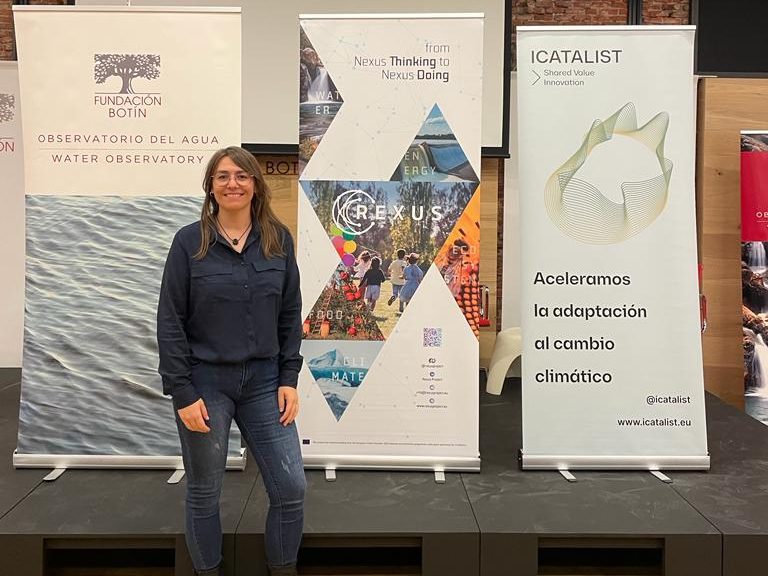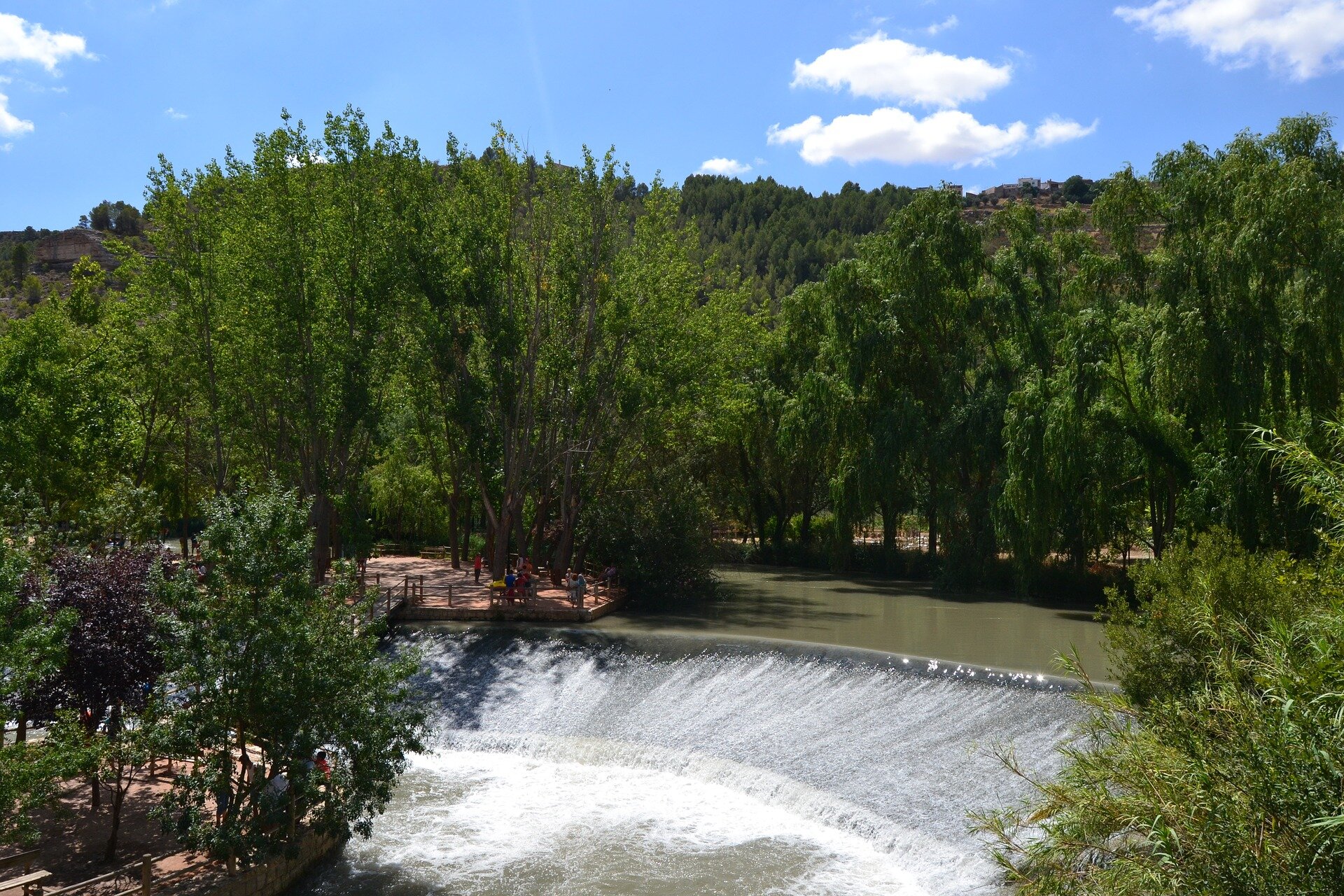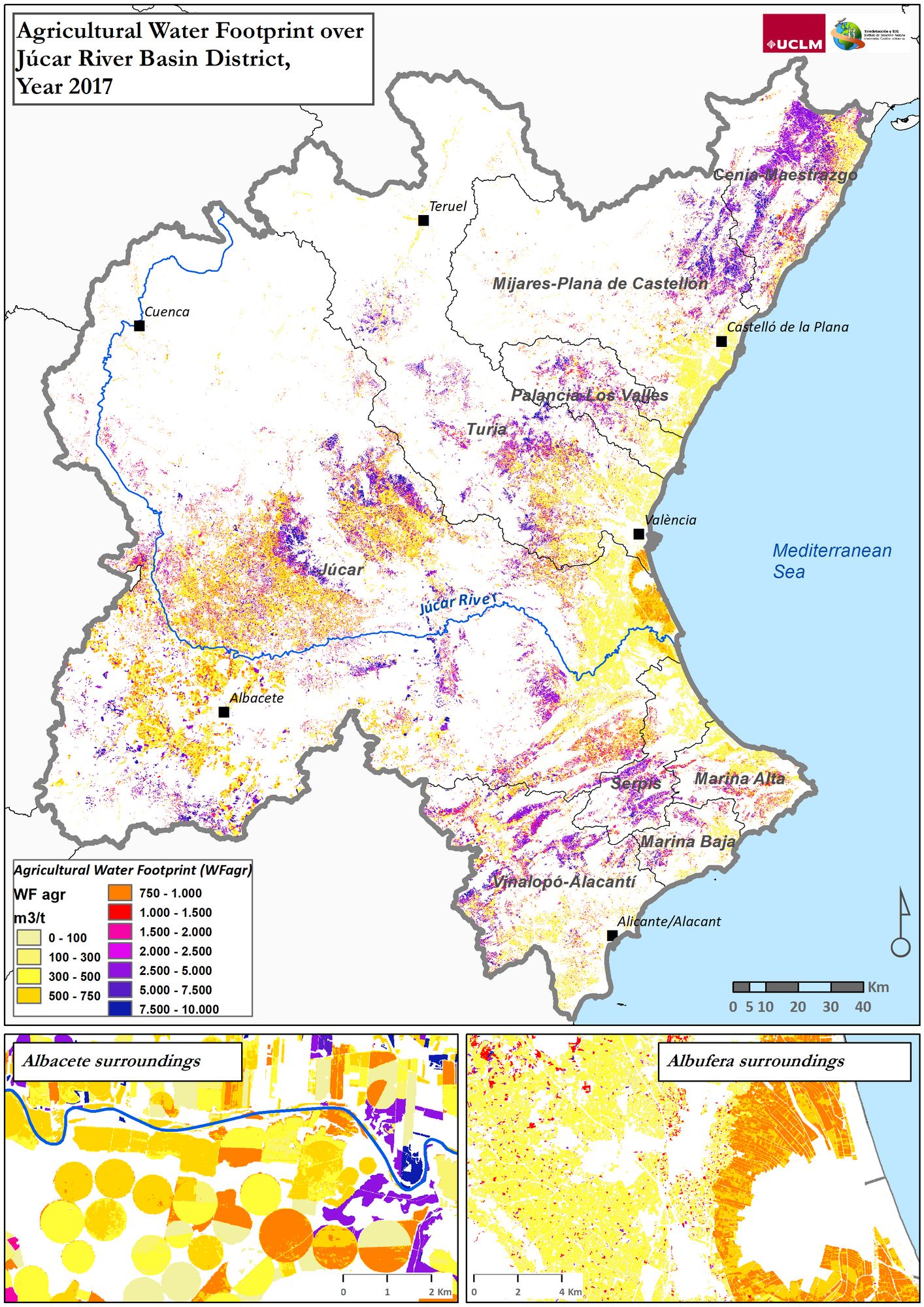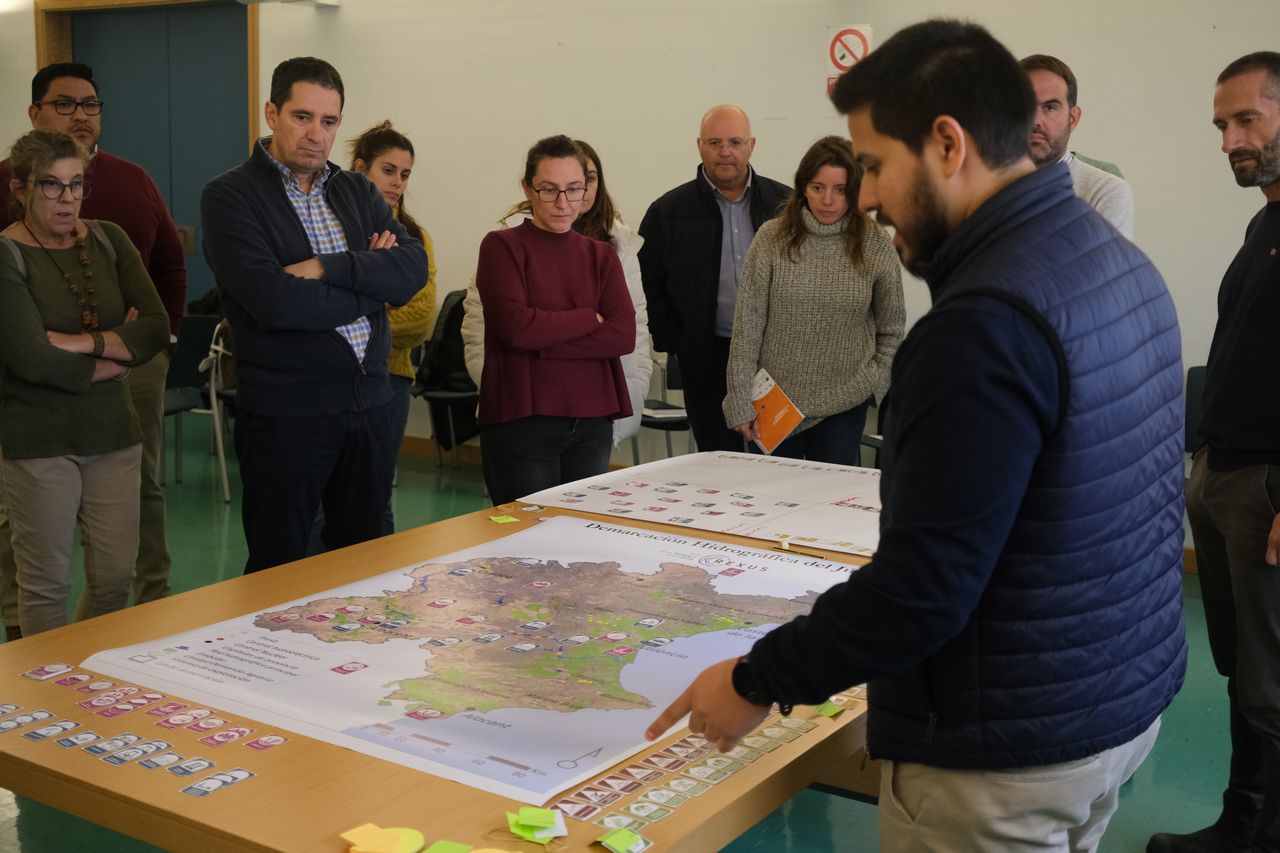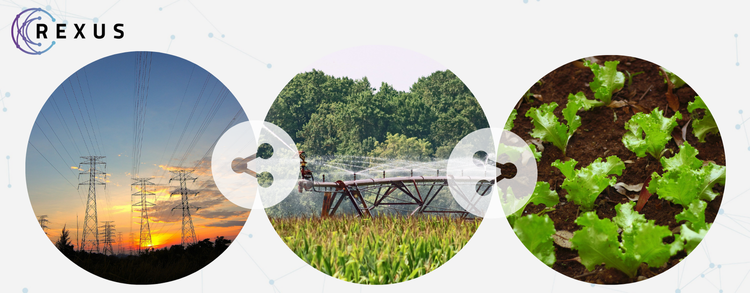Peninsular Spain
The potential for Nexus resource conflicts in Peninsular Spain is intensified by unequal availability of water between the more water-rich northern regions and the arid southern regions, high demand for water for irrigation, and significant nuclear and hydroelectric power production. Working in close collaboration with national, local and river basin authorities, REXUS aims to evaluate the Water-Energy-Food-Climate Nexus on a national scale and devise solutions that cut across administrative barriers and can be effectively integrated into national planning.
- Spatial extent of 505,990 km2, with a population of 47 million.
- Agriculture represents approximately 4% of GDP, employing 13,4% of the national population.
- About 50% of the territory is covered by farmland, while 7% is dedicated to irrigated crops.
- Spain has one of the most extensive network of protected areas in the EU, reaching up to 21%.
- Average annual rainfall is 684 mm, equivalent to 346,000 hm3 / year, average runoff of 220 mm, with an average yearly volume of natural resources of 111,000 hm3, of which 82,000 hm3 are surface water, and 29,000 hm3 are groundwater.
- Climate Change plays a vital role in agriculture. The increasing temperatures and decreasing rainfall with periods of drought provoke water stress episodes on crops, leading to yields below the threshold of economic profitability, with some regional governments having declared a Climate Emergency.
- The state has developed an ambitious irrigation modernization program for surface water irrigation schemes to increase water efficiency over the last 20 years.
- Renewable energy represents 35% of electricity production, with hydropower around 14%, and solar, wind, biomass totaling 21%.
- Lack of comprehensive Nexus analysis for policies concerning Agriculture – Ecosystems – Energy – Climate. While the implementation of specific policies may have a positive impact on one of the different sectors, it may directly or indirectly affect others in ways that are not examined.
- While authorities are generally efficient in managing individual regions and watersheds, but there is a lack of integration in management across regional and watershed boundaries, involving all the different stakeholders.
- National Ministries in charge of national policies and plans:
MITECO – Ministry for Ecological Transition and Demographic Challenge (water, energy, climate, people)
MAPA – Ministry of Agriculture, Fisheries and Food - Regional Governments and Water Authorities responsible of adapting national policies to regional scale:
13 River basin authorities (river basin water governance, river basin plans);
17 Regional governments (transferred competencies) - Institutional entities at national level:
National Federation of Community of Irrigators in Spain (FENACORE);
Institute for Diversification and Energy Saving (IDAE);
Paying Agency – Spanish Agrarian Guarantee Fund (FEGA) - Energy and water utilities
Local stakeholders
Individual farmers and farmer associations;
Irrigation communities and water users associations – e.g. JCRMO- National Ministries in charge of national policies and plans:
- Move from comprehensive analysis to implementing exemplary practices in Nexus management (from Nexus thinking to Nexus doing).
- Provide an inventory, analysis and sustainable practices concerning the entire Nexus, across sectoral, regional and watershed boundaries.
- Link national and regional climate adaptation plans.
- Help introduce resilience and Nexus thinking/action in upcoming policy measures (WFD 3rd cycle implementation, CAP post-2020 / green deal, climate emergency).
Peninsular Spain pilot News
